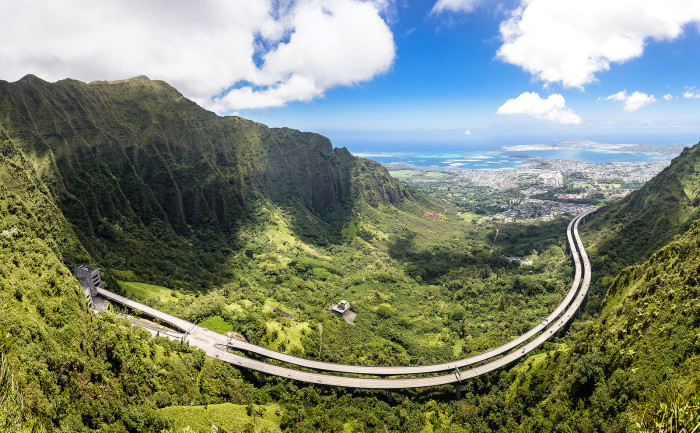

This special issue is in response to the urgent need for ‘research and praxis’ guiding our actions to weave just tourism futures (Jamal & Higham, 2021). Such a transformation can contribute to the efforts for building a more positive global society post crises (Carr, 2020). In this vein, sustainable tourism must respect the rights, interests and social needs of vulnerable groups and local communities (Boluk, Cavaliere, & Higgins-Desbiolles, 2019 Jamal, 2019 Phelan, Ruhanen, & Mair, 2020). It is therefore important for tourism decision-making to be based upon sustainability values and justice principles (Rastegar, 2020). This provides the opportunity for a major transformation by designing more responsible, ethical and sustainable forms of tourism.

In such circumstances, tourism actors must respond to the sustainability and justice challenges resulting from current and future crises by rethinking, redefining and reorienting tourism (Higgins-Desbiolles, 2020). This is while tourism is predicted to face even greater challenges in the post-COVID era that can exacerbate existing inequalities and injustice (Jamal & Higham, 2021). The environmental and health consequences of crises “threaten civil and political rights and economic, social, and cultural rights, including rights to life, access to safe food and water, health, security, shelter, and culture” (Levy & Patz, 2015, p. With the recent refugee crisis, we are now facing the highest levels of human displacement on record (UN, 2020) which can significantly affect many destinations and tourist experiences (Ivanov & Stavrinoudis, 2018 Zenker, von Wallpach, Braun, & Vallaster, 2019). Recent events demonstrate that COVID-19 is a health and justice crisis, affecting the most vulnerable individuals among us (Brosemer et al., 2020), including hospitality and gig workers whose labour has been depended on to weather the crisis. For instance, the climate change crisis disproportionately affects the environment and health of low-income countries and poor people in high-income countries, violating their human rights and social justice (Levy & Patz, 2015 Venn, 2019). While any crisis may exacerbate existing inequalities, the crises of the 21st century are compounding and complicating the ways the impacts unfold and engulf individuals, communities and indeed, the global community. While studies of crises in tourism have proliferated, with concerns for risk management, recovery and resilience, COVID-19 has exposed the need to think more profoundly on this topic. It has simultaneously revealed how dependent our economies and societies a re on the tourism and hospitality industries and the fragility of such dependence in a globalised world where interdependency equals vulnerability. The COVID-19 crisis has concentrated our minds on the impacts of crises on the very foundations of the tourism phenomenon. This article argues for the redefinition of tourism in order to place the rights of local communities above the rights of tourists for holidays and the rights of tourism corporates to make profits. This analysis suggests that essential to such an agenda is redefining tourism to focus on the rights of local communities and a rebuilding of the social capacities of tourism. It examines current tensions in international mobility and argues just and sustainable degrowth will require greater attention to equity. This article presents a conceptual consideration of issues of degrowth in tourism. Tourism as a key facet of capitalism is implicated in these issues and recent concerns with “overtourism” are only one symptom of the problem. Analysts are examining how we can create economies that eschew a growth imperative while still supporting human thriving. The destructive outcomes of these strategies has led to a growing interest in degrowth.

Since that time, neoliberal capitalism has become increasingly reliant on growth exacerbating these problems. Concerns with growth have steadily advanced since the Limits to Growth report due particularly to human impacts on the natural environment.


 0 kommentar(er)
0 kommentar(er)
